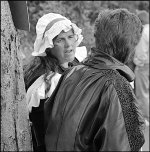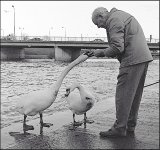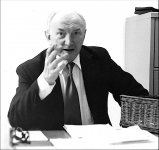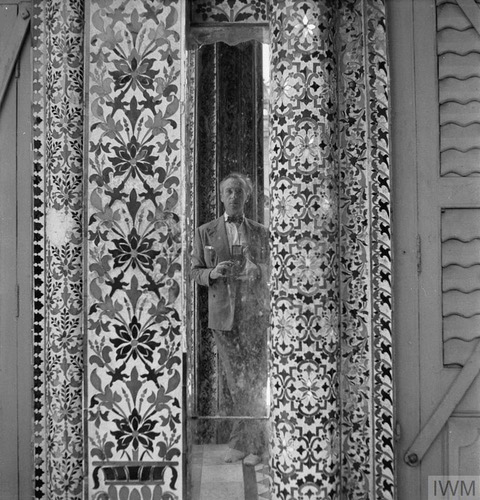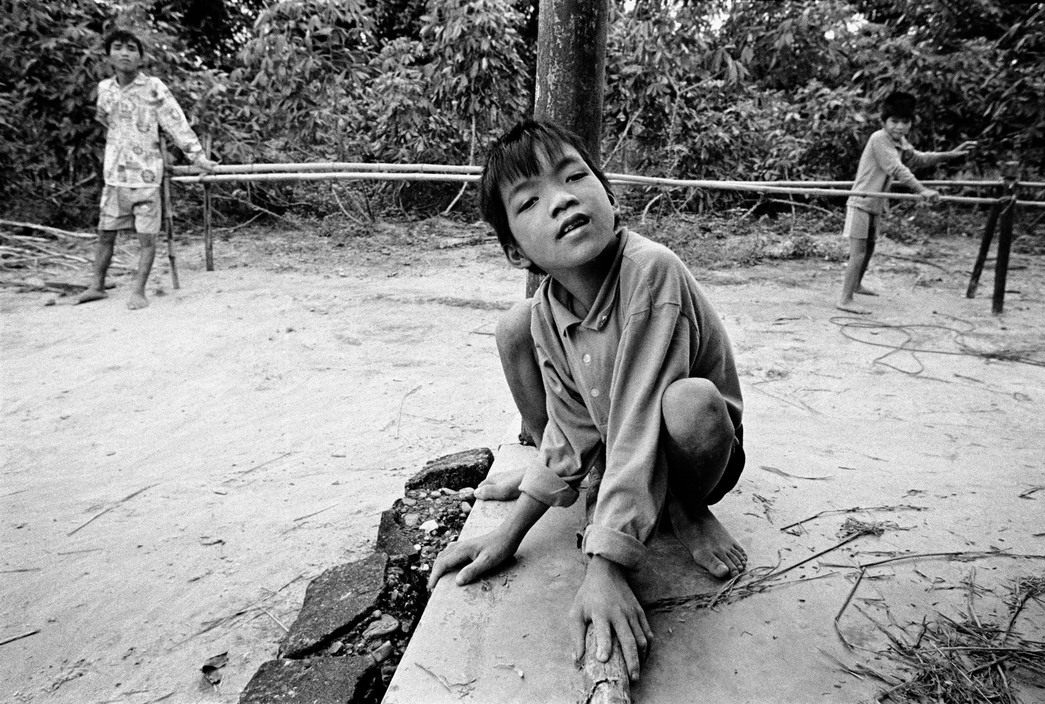- Messages
- 7,918
- Name
- Dave
- Edit My Images
- No
In the review of TP in 2021 @sirch said "there is far too little documentary on here". Which got me wondering why documentary type photography doesn't seem to be popular among TP members.
Maybe most people don't have the time to devote to pursuing a project over a prolonged period? I can appreciate that fitting photographic sessions that can be time critical into a regular lifestyle probably isn't practical for most people. That said everyone has the opportunity to document the area they live in and what goes on there at times to suit them.
Or was Martin Parr right in saying; "Documentary is too real – it’s about the world, and I think people prefer the escapism of landscape and fine art photography."? Are most people hung up on making stand-alone 'wall worthy' pictures?
I've come round to being more interested in photography as a means of documenting things over time. I was originally in the 'stand-alone picture' camp, I've also been interested in photography as conceptual art, still am to a degree, but as I get older I'm seeing that my photos from the past don't have to be 'good pictures' to be interesting or informative records of what things looked like. So I have become more concerned with long term projects recording places, people and events which interest me.
I'm pretty sure that if any of my photos have a life after I pop my clogs it'll be those which show what things look like nowadays and not the carefully composed isolated pictures or the head scratching conceptual grids.
Does the lasting value of photographs lie in their documentary nature rather than in their aesthetic properties?
Does it matter if you're having fun?
Maybe most people don't have the time to devote to pursuing a project over a prolonged period? I can appreciate that fitting photographic sessions that can be time critical into a regular lifestyle probably isn't practical for most people. That said everyone has the opportunity to document the area they live in and what goes on there at times to suit them.
Or was Martin Parr right in saying; "Documentary is too real – it’s about the world, and I think people prefer the escapism of landscape and fine art photography."? Are most people hung up on making stand-alone 'wall worthy' pictures?
I've come round to being more interested in photography as a means of documenting things over time. I was originally in the 'stand-alone picture' camp, I've also been interested in photography as conceptual art, still am to a degree, but as I get older I'm seeing that my photos from the past don't have to be 'good pictures' to be interesting or informative records of what things looked like. So I have become more concerned with long term projects recording places, people and events which interest me.
I'm pretty sure that if any of my photos have a life after I pop my clogs it'll be those which show what things look like nowadays and not the carefully composed isolated pictures or the head scratching conceptual grids.
Does the lasting value of photographs lie in their documentary nature rather than in their aesthetic properties?
Does it matter if you're having fun?

